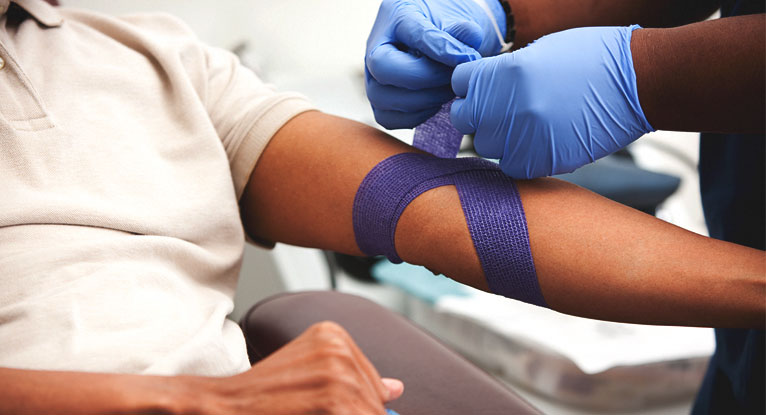Donating blood is a very selfless step to saving a life or lives.
Blood donation is extremely easy and can benefit you in the long run, both physically and emotionally.
That being said, one might often wonder what blood donation entails – what to do before giving out blood and how often one can donate blood.
Lets look at a few things to note before going ahead for that donation.
- Who can donate blood?
Usually, there are certain requirements associated with donating blood – you might have to be of a certain age, or have a particular weight/size and height. The requirements vary, however, you might not be allowed to give out blood if you are
- not feeling well
- constantly abuse the use of drugs
- have possible infections from old tattoos and piercings
- pregnant or recently delivered, had a miscarriage or an abortion
- tested positive for HIV, viral hepatitis, or any other STDs
- have any open cuts or injuries
- currently taking medications like antibiotics, blood thinners, etc.
There might also be gender based requirements to donate blood – this is because males tend to have more blood volume than females.
READ ALSO: Dandruff Battles? Try These 5 Natural Home Remedies
- Before going for a blood donation, you should..?
Although blood donation functions with perfectly safe procedures and techniques, you need to ensure on your own that you take the necessary measures needed to avoid a risk of complications.
There is every tendency for you to feel dehydrated after the whole donation process, this is why it is always important to hydrate ahead. Drink sufficient amounts of water or any other healthy non-alcoholic beverages.
Furthermore, to avoid any risks of iron deficiency after donating blood, consume foods with concentrated amounts of iron and vitamin C. You could have foods like meat, poultry, leafy green vegetables, potatoes, citrus fruits, melons, beans, nuts, eggs and fish.
- How often you can donate blood..
Generally, studies have shown that one can donate whole blood every 56 days. This might however be different for other blood donations aspects like red blood cells, plasma and platelet donations.
Everything stated here is however mainly for informational purposes – For a more concise knowledge of what to do, consult a medical doctor.

